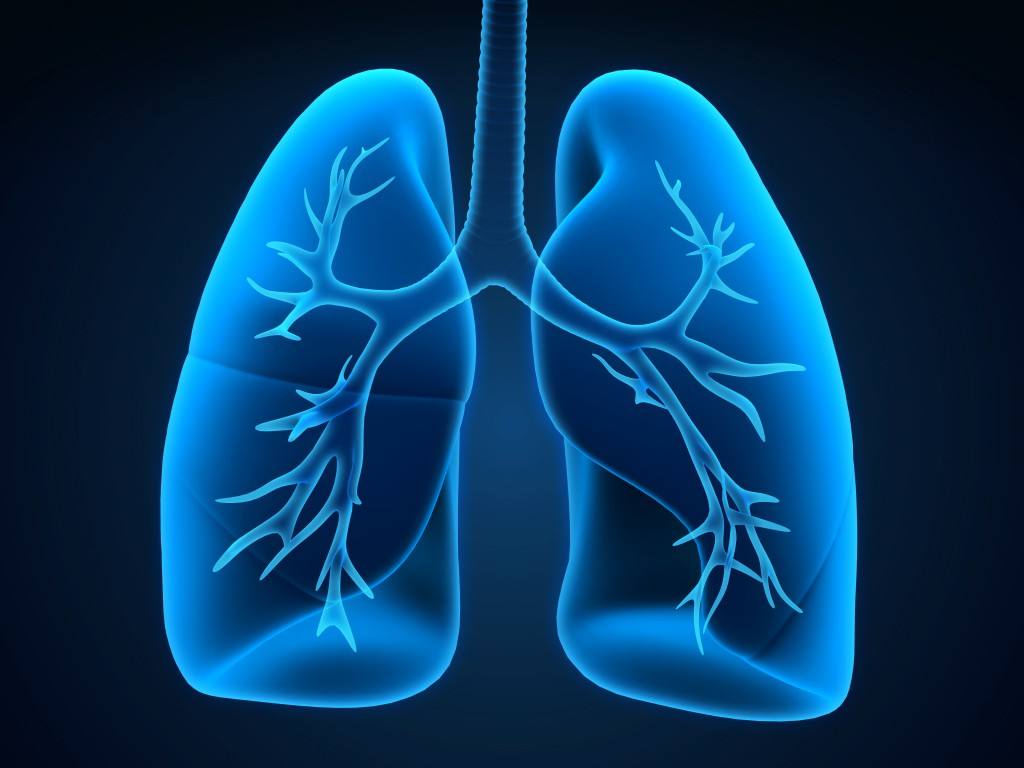-
Minnesota
Study finds lung transplant patients not given antifungal preventive drugs have higher risk of death

ROCHESTER, Minn. — Antifungal preventive medications reduce mortality risk by half in the first year following lung transplantation, according to Mayo Clinic research involving 667 patients who received lung transplants from 2005 to 2018.
The retrospective study, published in the Annals of the American Thoracic Society, is the largest ever to evaluate the effectiveness of antifungal preventive drugs in lung transplant recipients who are particularly susceptible to invasive fungal infections. These infections are associated with a nearly threefold increase in mortality for lung transplant recipients.
Mayo Clinic researchers used deidentified administrative claims data from OptumLabs Data Warehouse, a database of more than 160 million deidentified records used by researchers to investigate a wide range of health care issues. The study analyzed data for adult patients who underwent single or double lung transplant, or concurrent heart-lung transplant, in the U.S. between Jan. 1, 2005, and Dec. 31, 2018. Of the 667 patients, 385, or 57.8%, received antifungal treatment and 282, or 42.3%, did not. Sixty-five patients died during the study, and all-cause mortality was significantly lower in those patients who received antifungal medications.
"Use of antifungal preventive medications in lung transplant patients is increasingly common, but no studies have established its efficacy," says Kelly Pennington, M.D., the study's first author. "This is the first study to demonstrate a mortality benefit associated with the use of antifungal prophylaxis in lung transplant patients. We still do not know which lung transplant patients receive the most benefit from these medications, and there are other unanswered questions that will require more research." Dr. Pennington is a Mayo Clinic Scholar in the Division of Pulmonary and Critical Care Medicine.
A 2019 Mayo Clinic study found that 90% of U.S. transplant centers routinely prescribe antifungal preventive medications after lung transplant, but no prospective studies have established the benefits of these medications. "In our retrospective study, the risk of death within the first year posttransplant is about twice as high in patients not receiving antifungal preventive treatment, compared with those receiving treatment," says Dr. Pennington.
Itraconazole and voriconazole were the two most common antifungal preventive medications prescribed in the study. Patients who received antifungal drugs had a lower rate of fungal infections than those who did not, though the difference was not statistically significant.
Protracted use of antifungal drugs can have negative health effects, including cardiomyopathy, skin cancer and liver dysfunction. Also, antifungal medications are expensive and can interact with other medications. Therefore, the health care team must monitor anti-fungal medications closely.
"Given the variation in practice among transplant centers, the potential for medication side effects, medication costs and risk of drug interactions, it was imperative to determine whether antifungal preventive medications are beneficial for lung transplant recipients," says Cassie Kennedy, M.D., senior author. "Our finding of a significant reduction in mortality risk among lung transplant recipients who received antifungal medications is consistent with several prior studies in hematologic malignancies and bone marrow transplant patients." Dr. Kennedy is a physician in Mayo Clinic's Division of Pulmonary and Critical Care Medicine. None of the authors has a conflict of interest to disclose. Dr. Kennedy is supported by HNLB1 grant K23 HL128859 from the National Institutes of Health (NIH). Dr. Pennington is supported by Mayo Clinic's Robert D. and Patricia E. Kern Center for the Science of Health Care Delivery. Nilay Shah, Ph.D., is supported by grants from the Centers of Medicare & Medicaid Innovation Center, Food and Drug Administration, Agency for Healthcare Research and Quality, NIH's National Heart, Lung and Blood Institute, Medical Devices Innovation Consortium/National Evaluation System for Health Technology, National Science Foundation, and Patient-Centered Outcomes Research Institute.
About Mayo Clinic
Mayo Clinic is a nonprofit organization committed to innovation in clinical practice, education and research, and providing compassion, expertise and answers to everyone who needs healing. Visit the Mayo Clinic News Network for additional Mayo Clinic news and Mayo Clinic Facts for more information about Mayo.
Media contact:
- Heather Carlson Kehren, Mayo Clinic Public Affairs, newsbureau@mayo.edu







